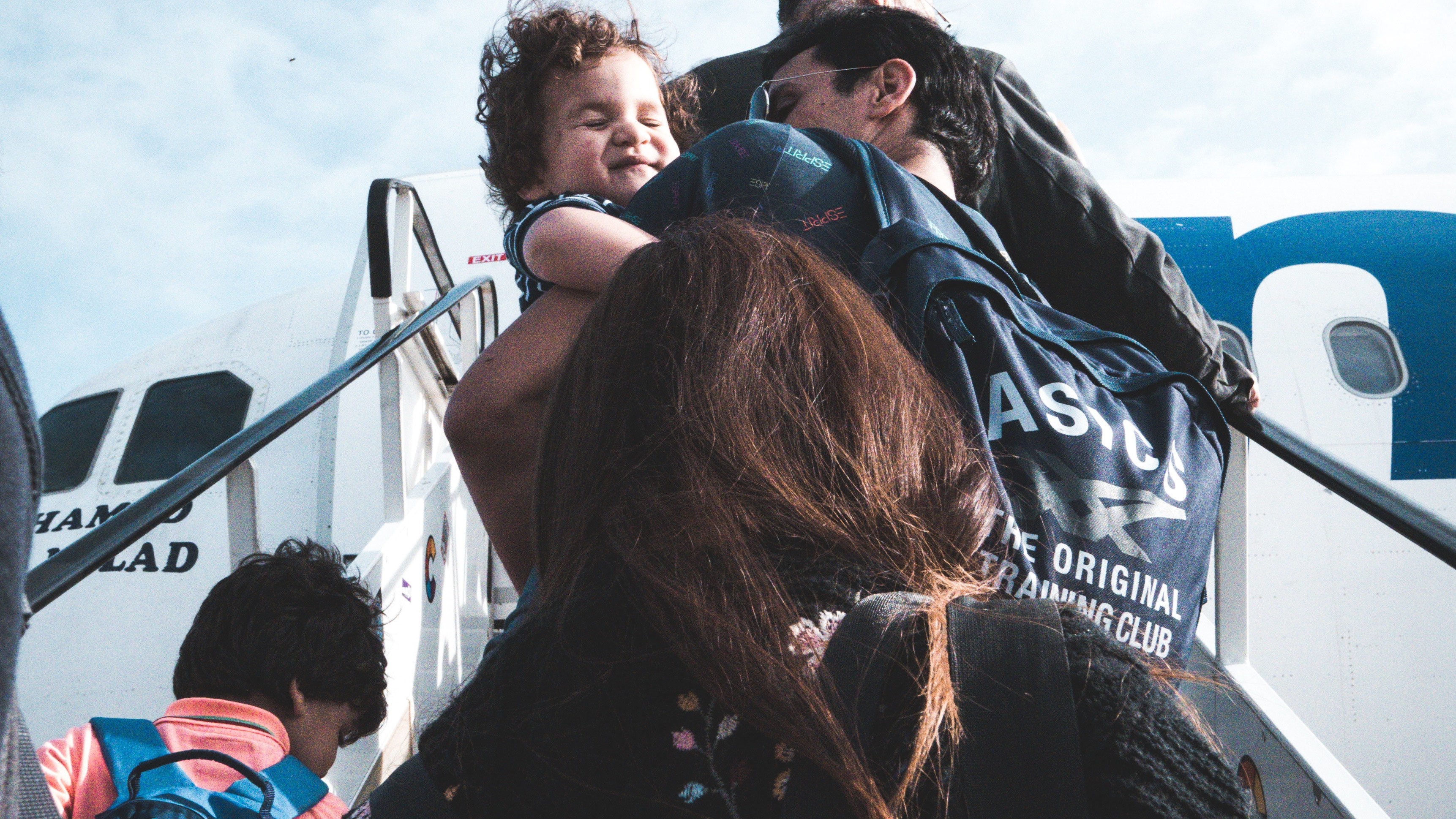
Summer Travel Tips for Children with Special Needs
Published by Cathy Humphrey on Jun 05, 2019
With Memorial Day behind us, many families are setting their sights on summer vacations. When you travel with children (or adults!) with special feeding or other healthcare needs, here are a few things to keep in mind:
- Planning
Whether you’re going on a day trip or a multi-day vacation of your dreams —planning is key! Where are you going? What will you be doing and do you need to make special arrangements? How long will you stay? What resources will you need (Special foods? Medical equipment? Vehicle rental? Accessible transportation between the airport and hotel?). brettapproved is a useful source for accessible hotels, restaurants, and entertainment venues.
American Airlines also has a program that was created for children with autism and other special needs. It’s Cool to Fly American is a mock travel experience where children and their families can experience the airport before traveling. The 3 ½ hour experience includes parking, check in, waiting at the gate, boarding a plane, taxing, returning to the gate, and retrieving their luggage. - Preparation
Making lists is necessary for a successful vacation, especially when traveling with people who have special feeding or other healthcare needs. Lists are part of planning and part of preparation. An itinerary that includes key contacts, phone numbers, and addresses is useful. A list of what to pack (you can make a list for each person traveling or just for the person with special healthcare needs) is very important—starting with items you can’t buy where you’re going, such as medicine and special foods. You can be as general or detailed as you need (toiletries and food OR 6 diapers and 4 pull ups per day x 8 days, 2 packets of x food, 3 packets of food, 2 spoons, 1 dish), but I find it helps the planning and preparation process to include every last item!
Preparation also includes being ready for “What if” questions. What if her g-tube falls out? (Include “spare g-tube” on list.) What if we can’t find pureed foods where we’re going? (Decide how many packets of food to bring or find nearby grocery stores.) What if he has a medical emergency and we need his latest scans or medical records? (Bring CDs of critical scans and usernames/ passwords for electronic medical records or put copies of important records in Dropbox, Google Folder, or other cloud-based location.) What if she needs to go to the emergency room? (Include the address to the nearest children’s hospital to your destination on your list.) And so on.
If you are going to Disney World, there is a discussion group on Facebook called Meals & Wheels in Disney World for people with questions about food allergies, wheelchairs, and pureed food. The creator of the group is a travel agent and has two kids with special healthcare needs. Preparation is a key component of a successful vacation. - Flexibility
Another key component is flexibility — especially when travelling with a person who has special healthcare needs. Like preparation, flexibility starts during planning and continues until you arrive back home. Let’s say you want to take your family on safari in Africa, but your child doesn’t travel well or you’re not sure if the menu has pureed foods to feed your child with pediatric feeding disorder. When you’re flexible, rather than seeing an obstacle, you see opportunities – bring your own food or a blender, talk with the travel company or the chef, go somewhere else, or start by driving up the road to a nearby wildlife or ammusement park! You may be comfortable with some flexibility in day-to-day activities, but it’s especially important when on vacation with a child that has special healthcare needs! - Sense of Humor
In addition to flexibility, having a sense of humor helps you have a successful holiday. When things happen on vacation – and they will – you have a choice: you can let it ruin your trip, or you can laugh about it. When the sixth person in a row tells you how to feed your child with PFD, or when the hotel room is so small you can’t fit the wheelchair inside, you can scream and rant or you can see it as a teaching opportunity. Explain what PFD is and why feeding your child is not the same as when they were feeding their children. Smile when you show the front desk clerk photos of your family member not being able to get in the room and ask for an upgrade. - Choose Love not Fear
Finally, when deciding whether or not to travel with a child that has special healthcare needs, choose love not fear. Go for it! Take that vacation! Heck, start small by going on a staycation, see how it goes and build from there. Going on a cruise is a great choice because they are typically very accessible (be sure to reserve an accessible cabin if someone in your party has a wheelchair) and the food choices are varied and flexible. All-inclusive resorts are also a good choice if you want a variety of activities and meals included without leaving the property. Car trips might be better than plane trips if you need to bring lots of equipment.
Whatever you do, don’t be afraid to go out and have fun because you’re fearful of what others might say or do, or that you won’t be able to find the right food or a changing station for your teenage child. Plan. Prepare. Try new things. Smile. Laugh. Make memories. Maybe we’ll see you out there!